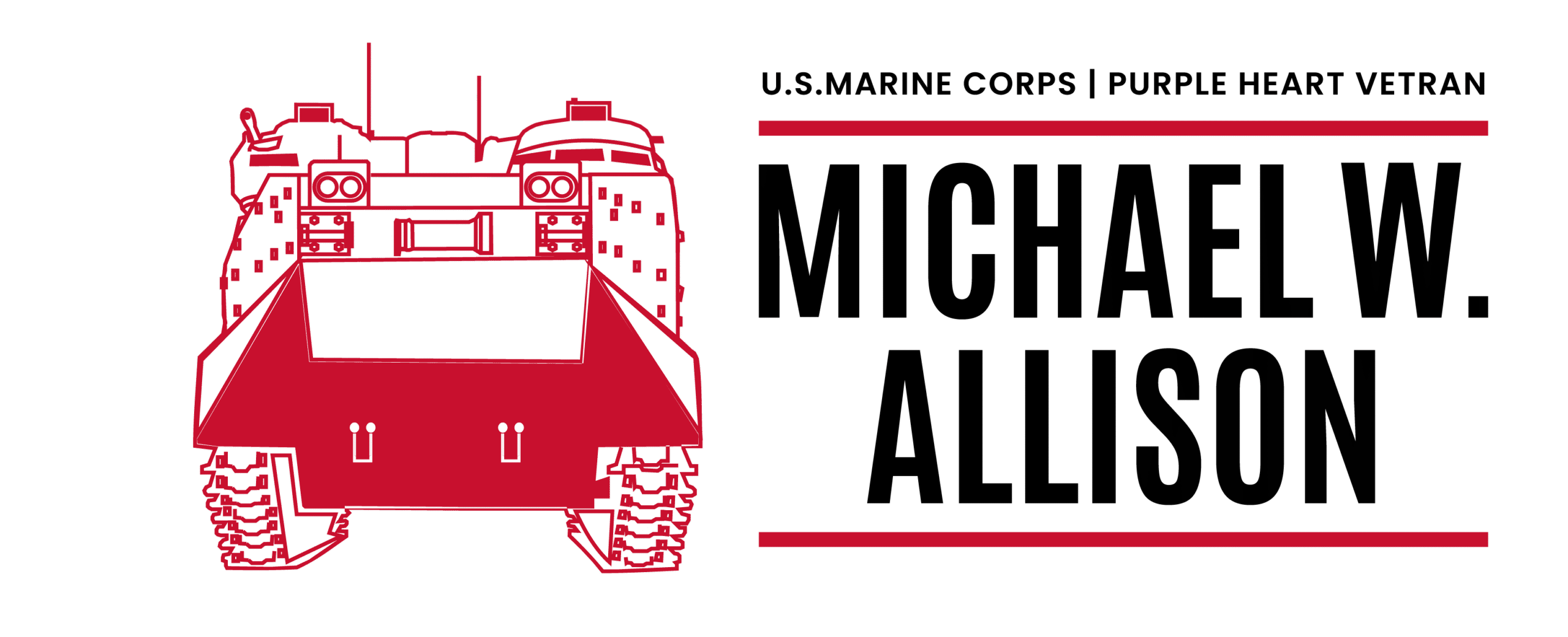Effective leadership is fundamental to organizational success in the dynamic corporate environment. It is not solely about possessing a title or exercising authority; it is about fostering fundamental concepts that direct teams toward enduring growth and success.
Regardless of whether you manage a small startup, a global organization, or a community effort, the essential principles of effective leadership remain unchanged. These pillars offer a framework for addressing difficulties, promoting innovation, and cultivating a high-performing culture.
To enhance comprehension, we will examine the eight fundamental pillars that are the basis of effective leadership, providing practical measures for their incorporation into your firm, irrespective of its size or geographical position.

The 8 Pillars of Effective Leadership:
1. Visionary Direction:
A leader must have a lucid and appealing vision that motivates and unifies their team. This vision serves as a navigational tool, directing the business through challenging periods and toward its long-term objectives.
Practical Measures:
- Facilitate regular vision-casting workshops with your team to ensure comprehensive understanding and contribution to the organization’s broad objectives.
- Articulate the vision constantly and fervently, emphasizing its significance in every decision and activity.
- Convert the vision into concrete, quantifiable objectives that offer explicit guidance for teams and people.
2. Strategic Thinking:
Effective leaders are strategic thinkers capable of anticipating future trends, analyzing intricate circumstances, and making informed decisions.
Practical Measures:
- Establish a strategic planning process that includes the analysis of market trends, evaluation of internal capabilities, and identification of potential risks and opportunities.
- Promote critical thinking and problem-solving among your team by cultivating a culture of inquiry and open discourse.
- Employ scenario planning to anticipate several potential outcomes, thereby ensuring that your firm remains dynamic and adaptable.
3. Empowering Communication:
Transparent, candid, and forthright communication is vital for establishing trust and promoting teamwork. Leaders must possess effective communication skills to properly explain their ideas and actively listen to their team.
Practical Measures:
- Implement consistent communication channels, including team meetings, individual sessions, and organization-wide updates.
- Engage in active listening, exhibiting empathy and comprehension in your interactions with colleagues.
- Deliver constructive criticism that emphasizes growth and progress, cultivating a culture of perpetual enhancement.

4.Team Building and Collaboration
Leaders must be adept at building high-performing teams and fostering a collaborative culture where individuals feel valued and empowered.
Practical Measures:
- Invest in team-building activities and workshops that promote trust, communication, and collaboration.
- Create cross-functional teams to encourage diverse perspectives and break down silos.
- Recognize and celebrate team achievements, fostering a sense of shared success.
5.Adaptability and Resilience:
In today’s rapidly changing business environment, leaders must be adaptable and resilient, capable of navigating uncertainty and overcoming challenges.
Practical Measures:
- Cultivate a growth mindset within your organization, encouraging continuous learning and adaptation.
- Develop contingency plans to address potential disruptions and challenges.
- Foster a culture of resilience by encouraging team members to learn from setbacks and embrace change.
6.Ethical Integrity
Leaders must maintain the highest ethical standards, exemplifying integrity and fostering trust with their team, clients, and stakeholders.
Practical Measures:
- Formulate a definitive code of ethics and conduct that delineates the organization’s principles and expectations.
- Exemplify ethical conduct via all your acts and judgments.
- Establish a secure environment for employees to express ethical issues without the apprehension of retaliation.
7.Emotional Intelligence:
Leaders possessing elevated emotional intelligence recognize their feelings and those of others, facilitating the establishment of robust relationships and the navigation of intricate social dynamics.
Practical Measures:
- Enhance your self-awareness through the contemplation of your emotions and actions.
- Cultivate empathy via active listening and comprehending the viewpoints of others.
- Regulate your emotions adeptly, preserving poise and professionalism under difficult circumstances.

8.Continuous Improvement:
Effective leaders cultivate a culture of continuous learning and enhancement.
Practical Measures:
- Establish a feedback and evaluation system to collect information from team members, consumers, and stakeholders.
- Promote experimentation and creativity, acknowledging that failure is integral to the learning process.
- Allocate resources to training and development initiatives that augment the competencies and expertise of your team.
Final Remarks:
Executing these eight tenets of good leadership necessitates dedication and commitment. It involves establishing a culture in which vision, strategy, communication, and teamwork coalesce to foster lasting success.
Every business needs a leader capable of navigating the intricacies of contemporary leadership and guiding them toward their objectives. We can serve as that catalyst. Our proficiency in leadership development, personal advancement, and business strategy can enable you to construct a prosperous organization. Do not allow your organization’s potential to stay unexploited.
Are you ready to implement these principles and transform your organization’s leadership? We encourage you to arrange a consultation call with us today to examine how our coaching and consulting services can facilitate the attainment of your leadership objectives.



